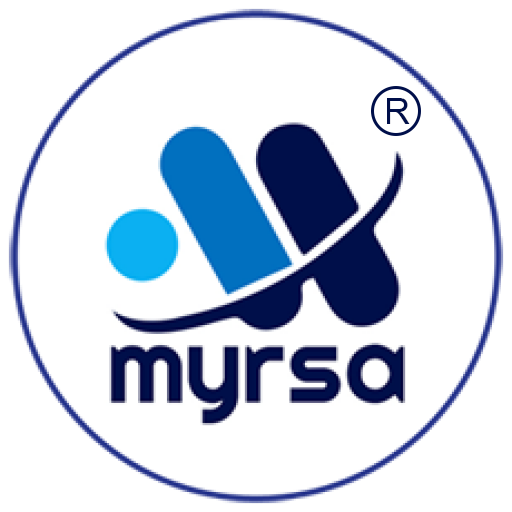Budgeting for rental properties is an essential part of a rental business. The more detailed you find the budget plan, the more likely you will be able to properly evaluate your current financial situation to get a full picture of your potential earnings and to build your financial goals.
However, it doesn’t always turn out the way you expected things. Emergency expenses, one-time payments or unexpected expenditures may keep you from bringing your company to the next level.
There are a few ways to prepare your budget thoroughly for the coming year so that you can avoid any future surprises.
Related Post: QuickBooks vs. Property Management Software
Let’s look at the four ways your 2020 budget could be improved:
1. Calculate Monthly Income and Expenses.
Make it a habit to regularly calculate your corporate and personal finances. You can manage your business expenses by keeping track of your monthly income and expenses, and learn how to set aside money. This form of financial planning assists in maintaining a balanced budget and in creating a competitive business.
2. Use a Digital Accounting Tool.
Some proprietors tend to use digital tools that help manage multiple assets. You should (and should) look at financial software or property management systems that deal with your rental business ‘ financial aspects. If you use a cloud-based service, all financial data and a full transaction history will be stored in one location, so that you can access it conveniently whenever you want.
Any online accounting tool will help you stay on top of your finances anyway.
Related Post: 5 Keyways to overcome the Risks while optimizing ERP Implementation
3. Understand the Tax System.
Taxes always looks a little daunting for landlords. But it’s essential to know how things work and what tax deductions you can take. Deductions may include loan and business card interest, property depreciation, insurance, fees and taxes, professional services, utilities, travel costs, equipment and suppliers, marketing costs, home office costs, tax preparation costs, etc. Make sure you document all the expenses you plan to deduct.
Once you get notified with your rental tax benefits, you’ll be able to precisely plan your budget for a year ahead.
4. Encourage your tenants to keep the track of rent payments.
Your tenants might not want to keep track of all the expenses (and that’s their choice), but at the very least it is necessary to monitor rent payments. To this end, encourage your tenants to record each transaction related to the property they make. Say when you were out of town they had to cover expenses related to urgent repairs; you’ll probably want to refund the amount paid for the services. That’s why having it documented somewhere makes sense.
MPower as a Property Management Software manages all your financials from rental proceeds and receivable details of your properties at one place. You can track the financial aspects of your properties and related reports of property performance and occupancy tracking with Mpower.
While a one-time cost will not significantly affect the budget, it is always better to be prepared for unforeseen expenses.
Getting a precise picture of your finances gives you a sense of control over your money and helps you make better decisions about spending.


Leave a Reply